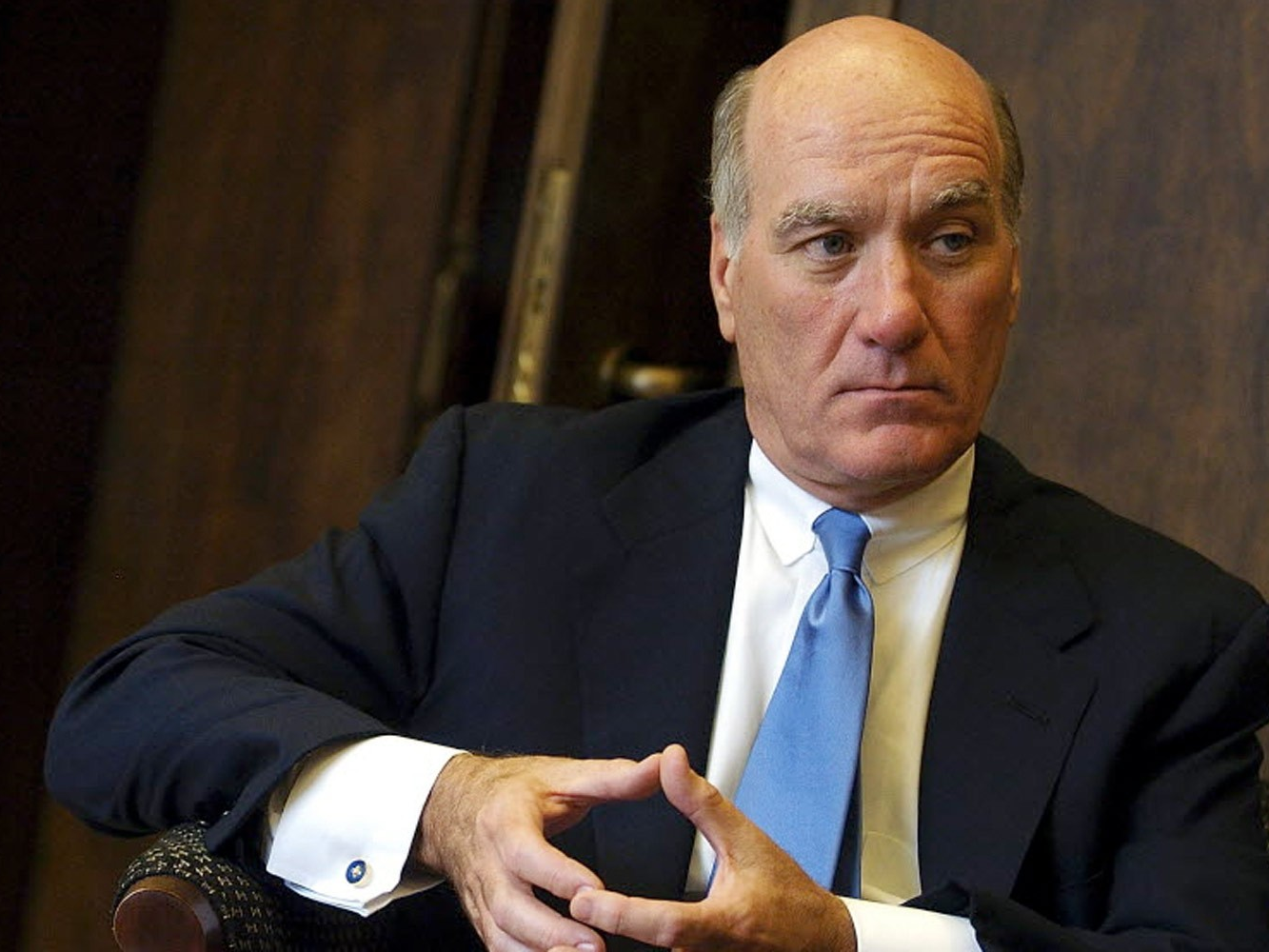To receive a free full-text email of The Zeitgeist whenever we publish to the website, please sign up here. You’ll get two or three of these emails every week, and your email will not be shared with anyone. Ever.

Leave aside the question of whether you care about wealth concentration or believe in any socially deleterious effects it might have. Ignore whether you believe that Amazon or any other Big Tech company is really an anti-competitive monopoly. Do you disagree with Ben about wealth taxes? Hold that in abeyance, too.
Why? Because what we personally believe about each of these things isn’t the same thing as what we all believe we all believe, or what we all know that we all know – a thing which we call Common Knowledge. And it is Common Knowledge, rather than the sum total of all of our deeply held personal beliefs, which usually shapes our culture and our politics.
The more we glance at the top of the Zeitgeist, our daily collection of the most linguistically connected articles in financial news, the more often we see common threads with our Election Index. In many ways, the framing of all news through the lens of income inequality, monopoly power and the influence of Big Tech IS the zeitgeist.
It shouldn’t be surprising, then, that this article about the apparent attempts by Amazon and Bezos to steer the outcome of a local city council election ranks so highly.
Amazon’s $1.5 million political gambit backfires in Seattle City Council election [Reuters]
To date – and it’s true with this article and its neighbors, too – the most powerful connections between finance and markets articles have been phrases like ‘socialist’, ‘billionaire class’ and ‘unprecedented spending’. Still, it’s hard not to observe a subtle transition happening here. Here the main event isn’t just income inequality or power and influence per se, but the framing of Amazon’s use of wealth to generate political power as ‘backfiring‘ and ‘repudiated.’ I think that similar language in coverage of Bloomberg’s primary bid and the related Howard Schultz retrospectives probably contributed to that. So maybe this is anecdotal.
But if we’re not looking ahead to consider what else we might all know that we all know through these lenses, that’s a failure of imagination on our part.



What this article makes me think is Ben’s line - They’re. Not. Even. Pretending. Anymore.
And the counter-effect is interesting; the spend boomerangs. It brings negative attention to the supported candidate and positive attention to their opponent (we all love an underdog?).
Is this the eventual result of the “democratization of voice through social media” whereby large $ spends can easily be neutralized by a viral wave of negative sentiment?
Fascinating…
Can’t bode well for Bloomberg’s bid.
RE money and the “David vs Goliath Effect” in elections and who’s backing them, I’m reminded of something Sun Tsu (or was it Nietzsche) said. Paraphrased: One must always battle a superior foe. If you lose, you battled against the best/biggest and lost. You get the psychic/social benefit of courage and a having made a good try/effort against the impossible. If you beat a superior foe, you’re a hero for doing the impossible. However, if you challenge/battle an inferior/smaller foe and win, you’re a bully. If you lose…well you’re just a plain loser. Nuf sed!